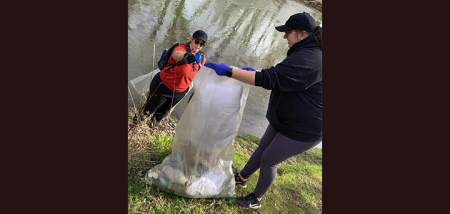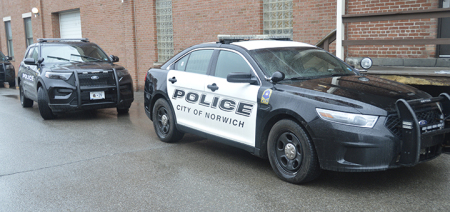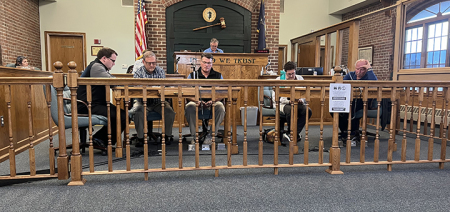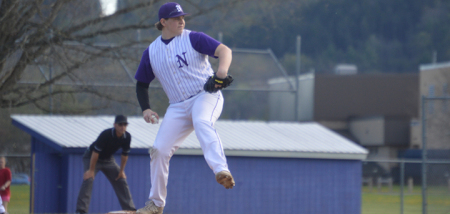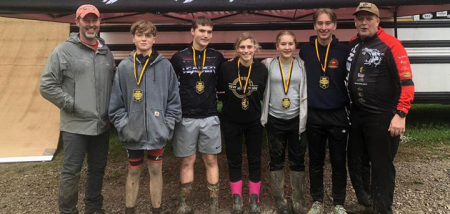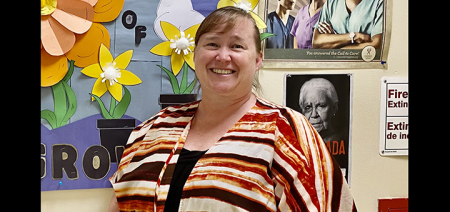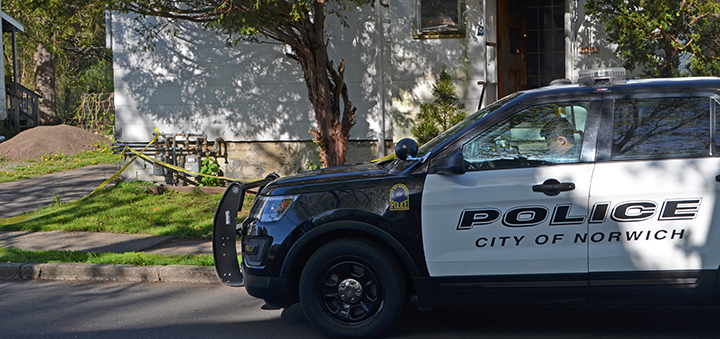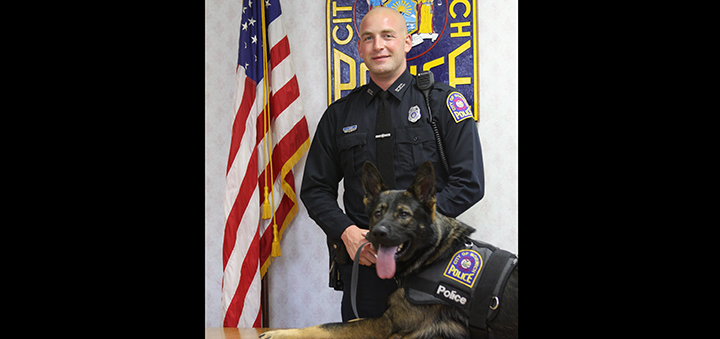The Human Lie Detectors
Published:
February 27th, 2019
By:
Joe Angelino
Over the past week many conversations have revolved around Jussie Smollet and his interactions with the Chicago Police. More than once I’ve been asked my opinion on what transpired between the former Empire show actor, the MAGA hat wearing muggers and the Windy City cops.
Somewhere in Chicago there are a couple of uniformed beat cops who on January 29th were dispatched to a reported assault at the request of Jussie Smollet. They arrived about 42 minutes later and found the victim with a rope noose, oddly still around his neck and a perfect Subway sandwich which somehow survived the ruthless attack unscathed. The officers certainly listened with concern, treating the victim with compassion before they looked at each other shaking their heads in unison. These cops were more than happy to turn over this case to detectives.
A non-police person needs to know at the beginning of a police officer’s career they are taught to be curious about everything they see, hear and smell and skeptical of what everyone tells them. I was taught by a wise old investigator that “some people lie when the truth would do them better.” I thought I was being given a secret tip from an old salt because he took me under his wing. Later I found out every cop on the street already knew this.
Criminals lie to the police for a countless reasons which are all about saving their own skin. However, even the most honest and helpful witness will sometimes fib to the police by saying what they think the police want to hear. It is up to the police officer to sort out what is and isn’t reality. It is no easy task to produce a perfect work product, which will pass the scrutiny of lawyers, judges and ultimately a jury, using unreliable information which was received from people who are uncertain at best. Those cops who can consistently do this well become investigators or detectives. But even a uniformed street cop, over time acquires the “lie detector gene.”
A police officer’s normal work day will have them interacting with dozens of strangers in the span of their 8 or 12 hour tour. During those forced interactions in all types of situations, officers develop a keen sense of character. Conversely, each of those civilians are experiencing what might be a once in a lifetime interaction with a police officer; some are nervous, others defensive and depending on the situation, some are even grateful.
Watching people behave is how cops develop their expertise of what should be appropriate actions for certain situations. A civilian’s out of the ordinary urgent situation is very ordinary to an experienced officer who has seen it all before. It is how civilians react in those situations that tilt the officer’s suspicions one way or the other.
All too often people think they can outsmart the police by fabricating their best detailed version of the-dog-ate-my-homework story. The reasons people call the police to intentionally tell a false story are many. Here’s a few; seeking sympathy, to cover a different crime, revenge, protecting a family secret, to conceal an embarrassing situation and on and on.
When people concoct their perfect story they usually don’t leave out a single detail which substantiates their account. As the police ask questions, liars are quick with supportive answers, such as Smollett’s description that his attackers wearing red MAGA hats, and in case the cops missed that hint, he told them they shouted “this is MAGA country.” People lying to the police seldom answer with “I don’t know” or “I didn’t see that.” But almost always, the people telling these whoppers stumble in their thoughts when asked the simple question – why?
Certainty the Chicago detectives wanted to hear Jussie’s answer to why do you think two men would walk around Chicago at night during a brutally cold winter vortex carrying bleach and a rope fashioned into a noose? And, why do you think they would mug a man who just a week earlier received a threatening letter at work from MAGA telling him he should be hung? Seasoned cops knew they had a story-teller in their midst, now they needed to complete hours of legwork to prove it.
Getting back closer to home, we have many cops, detectives and investigators right here in Chenango County with the same talent and street-smarts as those in Chicago. I hesitate to mention names of current officers because it would cause a great deal of office harassment, plus it wouldn’t be fair to only name my favorites.
I will name some of the best former investigators who always impressed me in their methodical search for the truth and their interrogative skills; Arthur “Ossie” Daniels, New York State Police, Bill Excell and Tom Loughren of the Chenango County Sheriff’s Office and Murray Roach of the Norwich Police. If only we could have bottled up what those men brought to work each day and serve it to the new officers just starting out.
Author: Joe Angelino - More From This Author
Comments
